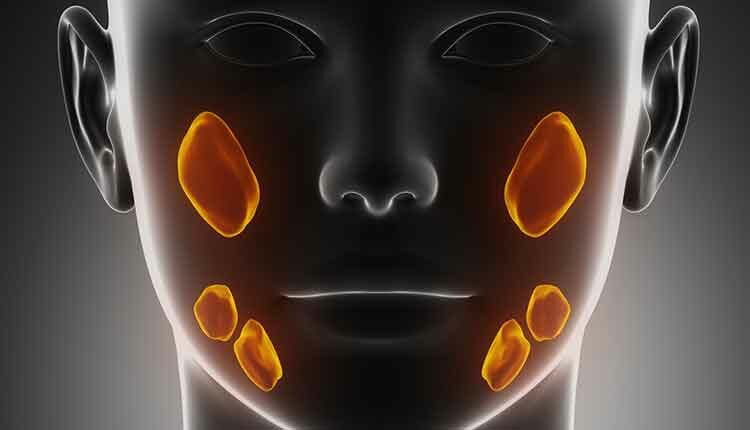 janulla / iStock / Getty Images Plus
janulla / iStock / Getty Images Plus
NIDCR Awards Grant to Study Salivary Gland Cancer
New research may help ease far-reaching effects of salivary gland cancer treatments.
According to the American Cancer Society, salivary cancer represents less than 1% of United States cancer cases, yet it affects more than 100,000 Americans annually. With early detection, patients with this type of cancer have more than a 60% survival rate. But without early diagnosis and treatment, the survival rate is cut in half in the event of metastasis.1
In an effort to improve outcomes and patient survival rates through development of better treatments, the National Institute for Dental and Craniofacial Research (NIDCR) recently awarded a 5-year, $2.5 million grant to Antonio Amelio, PhD, an associate professor at the University of North Carolina (UNC) at Chapel Hill Adams School of Dentistry and School of Medicine Department of Cell Biology and Physiology. The funding will support the study of the molecular mechanisms involved in the development of the most common type of salivary gland cancer, mucoepidermoid carcinoma.2
QUEST FOR IMPROVED TREATMENTS
Amelio—also a member of the UNC Lineberger Comprehensive Cancer Center—explains that the presence of certain cell types in high-grade tumors of this nature is directly related to both recurrence and metastasis. “If we can better understand the gene expression profiles and differentiation programs that govern the various cell types found in these tumors,” says Amelio, “we may be able to design more effective therapies.”2
That would be monumental in improving the quality of life for survivors of salivary gland cancer, which affects an intricately structured part of the human body. The disease can exact a hefty price on the ability to eat and speak, and can affect oral health and even appearance.
SALIVARY GLANDS AT A GLANCE
Numerous salivary glands are located in or adjacent to the oral cavity. The main job of these glands is to produce saliva, which not only lubricates the mouth and throat but also offers enzymes to aid digestion as well as antibodies to help ward off infections.3
Salivary glands are located on either side of the face. The three major ones are the parotid glands, located in front of the ears; submandibular glands, under the jaw; and sublingual glands, under the floor of the mouth. Most salivary gland cancers begin in the parotid glands, with the submandibular glands the second most likely location for tumor development. Minor salivary glands scattered throughout the mouth may also develop cancers, though this is less common.3
TREATMENT SHORTCOMINGS
Current treatments include surgery, radiation, chemotherapy, targeted therapy, and hormone therapy. Despite ongoing developments in each of these treatment modes, their side effects can still be life-altering.
Surgery may be disfiguring and can result in nerve damage, leading to numbness and/or weakness in facial structures and even adjacent limbs. Treatments may also affect ability to speak and eat. Xerostomia, oral lesions, and dental issues are also common.
As we wait for improved therapies to emerge, medicaments are available to help ease particularly troublesome side effects. For example, lozenges and sprays, sugar-free gum, artificial saliva products, and adequate hydration can help with dry mouth. Soothing rinses and gels can ease pain resulting from oral ulcers. Finally, professional oral healthcare such as prophylaxis and fluoride treatments, performed pre-treatment, can help mitigate some of the dental problems that may occur during radiation treatments.
References
- American Cancer Society. What Are the Key Statistics About Salivary Gland Cancer? Click here.
- UNC Adams School of Dentistry. Amelio Receives $2.5 million NIH Grant for Salivary Gland Cancer Research. Click here.
- American Cancer Society. What Is Salivary Gland Cancer? Click here.

